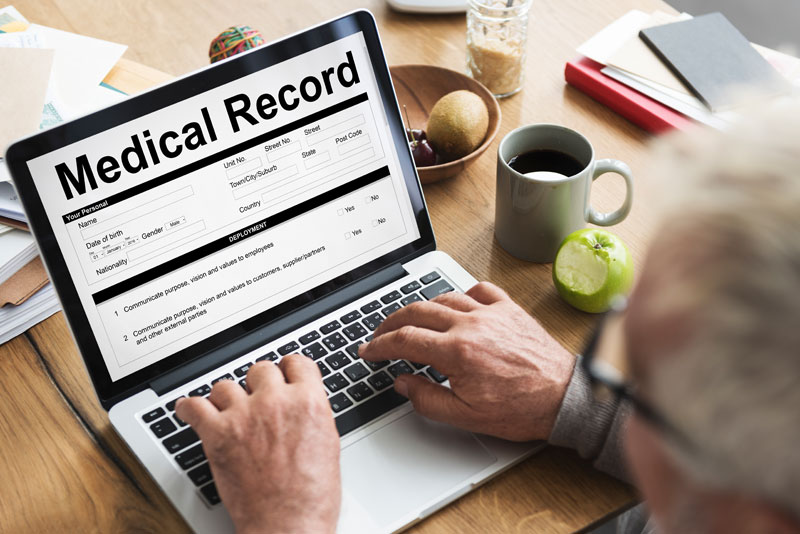Medical record analysis – a very important initial process in medical litigation, involves comprehensive analysis of the medical history of a patient. The medical history includes details about the diagnosis, tests requested, test results, treatments, progress of the patient and much more. Review of medical records is a very important step when developing a personal injury, medical malpractice, workers’ compensation, product liability, or any other case that involves injury or illness of the claimant.
The attorney has to find, review, interpret and analyze the various medical facts included in the medical record. Medical record review is challenging for a person untrained in medicine, which makes sense to have it performed by a professional medical review company.
A medical record reviewer must have certain skills and follow certain steps to make the review process easy and efficient.
- A Good Grasp of Medical and Legal Terminology: Medical records contain difficult medical terms such as “edema” for “swelling caused by fluid accumulation” or “embolism” for a “blocked artery.” Therefore, the reviewer needs to be knowledgeable in such terminologies and their related aspects. That means a person reviewing medical records should know the medical term as well as related aspects such as causes, diagnosis, tests, standard of care, treatment options and so on.
- Know how to Identify and Extract the Relevant Information from the Medical Chart: This is very important because only then can the review process be smooth and efficient. Moreover, it will help save valuable time as well.
- Have a Clear Idea of the different types of Medical Records and their Content: Medical records are many and of different categories. These include emergency room reports, physician notes, nurses’ documentation, surgery reports, anesthesia reports, radiology reports, therapist notes, prescription orders, consent forms.
Also, hospital bills, insurance claim forms, authorization requests, lab reports, correspondence notes, consultant notes, ambulance/paramedic reports, and so on. A trained medical record reviewer such as a physician or nurse consultant will know where exactly to find the required information and easily extract it.
- Ensure the Records are of the Correct Patient: This can be done by checking the demographic data of the patient such as date of birth and social security number. Ensuring that the records are of the right patient is vital because it will prevent working with the wrong information.
- Trace and Understand the Actual Sequence of Events and Associated Facts: Only if the reviewer is able to do this that she can include those in the medical summary. It will also help highlight all data that is valuable for the case. When listing the relevant facts, the medical record reviewer must not miss even minor events because those may prove crucial at a later stage and have an impact on the case.
- Index the Medical Records: This involves entering the list of events chronologically. When the medical records are properly indexed before the actual processing, it helps with organizing the records, finding and removing duplicate records, identifying missing medical records, and so on.
- Understand the Medical Record Summary Types: Medical summaries may be written in the form of a medical chronology, or as a narrative summary. While the medical chronology follows a timeline format to summarize the various medical events, the narrative summary comprises a running description of the medical events.
- Identify Missing Records: A professional medical record analysis will identify any missing medical records including test results, consultation notes, or any others that may be relevant. Noting down the details of such records with provider name and dates would help the attorney request and get those from the medical record custodian.
- Have the Skill to Interpret Handwritten and Illegible Medical Records: Handwritten medical records are difficult to understand and makes the entire review process tedious. It requires expertise and experience on the part of the reviewer so that the correct information is extracted and there is no misinterpretation.
Medical review service can be done in-house or outsourced to a professional medical review company. Both have their own pros and cons, which we will discuss in one of our future blogs.




